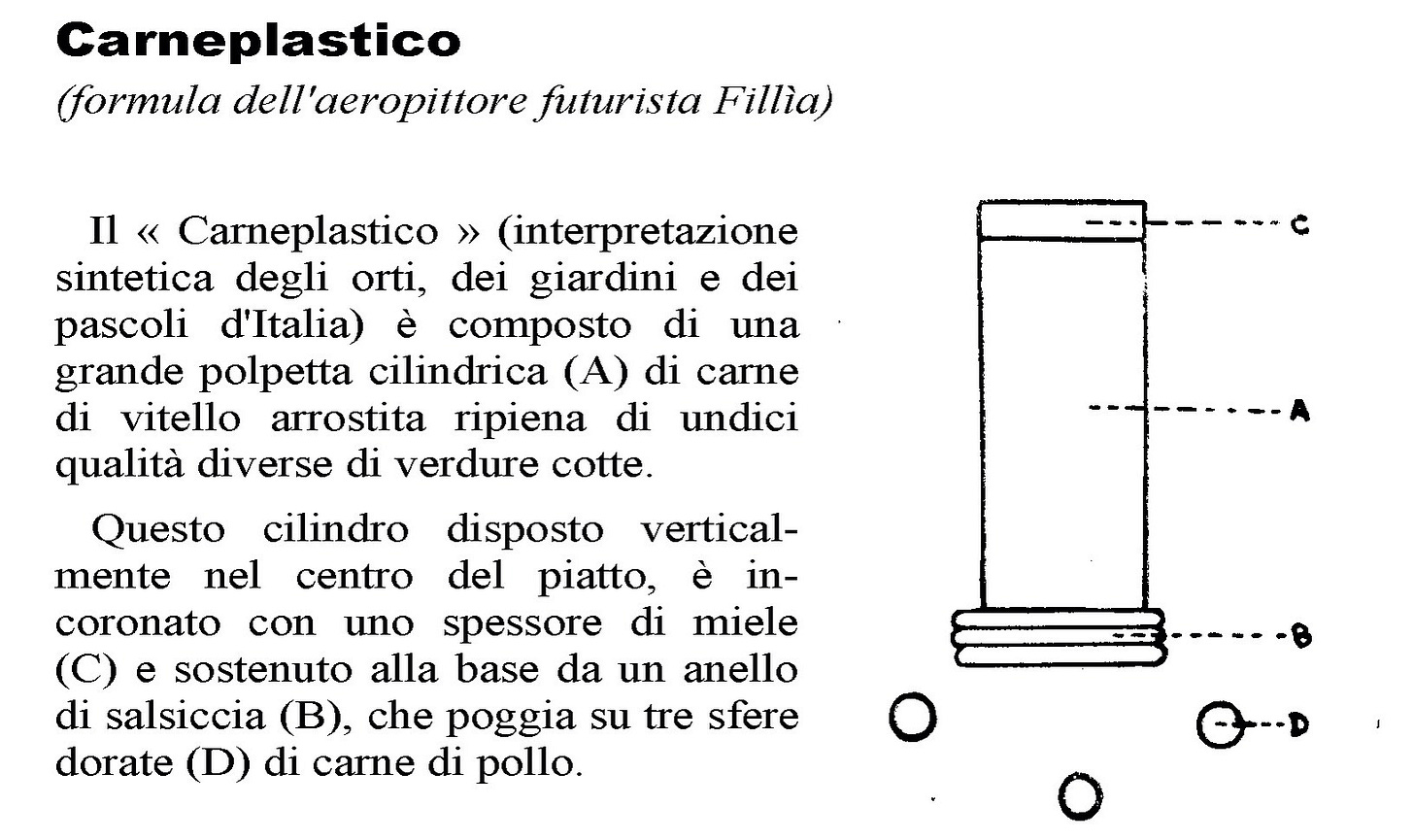🎙️ COME SI PRONUNCIA?
[GOO-stoh]
SOSTANTIVO MASCHILE
MASCULINE NOUN
Taste, Flavor
🇮🇹
1. Uno dei cinque sensi, che permette di riconoscere i sapori.
2. Sapore di un cibo o una bevanda.
3. Capacità di apprezzare il bello, soprattutto nell'arte.
4. Preferenza personale o modo soggettivo di giudicare.
🇬🇧
1. Taste (as a sense)
2. Taste or flavor (of food or drink)
3. Taste (as in aesthetic appreciation)
4. Personal preference or style
If you want to express your gusti confidently, don’t miss the free lesson on the Italian verb piacere!
💬 ESEMPI
Il raffreddore ha compromesso il mio senso del gusto.
The cold has impaired my sense of taste.
Questo vino ha un gusto fruttato con note di ciliegia.
This wine has a fruity taste with notes of cherry.
Il suo gusto nell'arredamento è davvero raffinato.
Her taste in interior design is truly refined.
In fatto di musica, i nostri gusti sono molto diversi.
When it comes to music, our tastes are very different.
📚 ESPRESSIONI UTILI
Di buongusto
→ In good taste
Sebbene eccentrico, il suo abito da sera era elegante e di buongusto.
Although eccentric, her evening dress was elegant and in good taste.
Di cattivo gusto
→ In bad taste
La battuta sulla malattia era decisamente di cattivo gusto.
The joke about the illness was definitely in bad taste.
Mangiare di gusto
→ To eat heartily
Dopo una lunga giornata di lavoro, mangiò di gusto il piatto di pasta.
After a long day of work, he ate the pasta dish heartily.
Prenderci gusto a fare qualcosa
→ To get a taste for doing something
Inizialmente correvo solo per tenermi in forma e non mi piaceva, ma poi ci ho preso gusto e ho cominciato a partecipare alle maratone.
Initially, I was running just to stay fit and did not like it, but then I got a taste for it and started participating in marathons.
Tutti i gusti sono gusti
→ There is no accounting for taste
Non capisco come possa piacergli quella musica, ma tutti i gusti sono gusti.
I don't understand how he can like that music, but there's no accounting for taste
🔎 L’ORIGINE DELLA PAROLA
🇮🇹 Gusto deriva dal latino gustus, che significa "assaggio" o "sapore".
🇬🇧 Gusto comes from the Latin gustus, meaning "tasting" or "flavor".
🤓 LO SAPEVI CHE…
IMPRESS YOUR ITALIAN FRIENDS WITH CURIOUS FACTS ABOUT ITALY AND ITS CULTURE
🇮🇹 “La pasta è di cattivo gusto” - Un italiano illustre
Filippo Tommaso Marinetti scrisse nel 1930 il "Manifesto della Cucina Futurista". Questo documento rivoluzionario proponeva di trasformare il modo in cui gli italiani pensavano al cibo e al gusto.
Marinetti e i futuristi sostenevano l'abolizione della pasta, considerata "assurda religione gastronomica italiana", e proponevano pasti che coinvolgessero tutti i sensi. Immaginavano piatti come "il Carneplastico", una polpetta cilindrica di carne messa in verticale e ripiena di undici qualità diverse di verdure cotte, o "l'Aerovivanda", da consumare ascoltando musica e toccando materiali con consistenze diverse.
Anche se molte delle loro idee sembravano assurde, i futuristi anticiparono concetti moderni come il food design e la gastronomia molecolare. La loro visione del gusto come esperienza multisensoriale ha influenzato l'evoluzione della cucina italiana moderna, dove la presentazione visiva e la consistenza sono considerate importanti quanto il sapore.
🇬🇧 "Pasta is in bad taste" - A distinguished Italian
In 1930, Filippo Tommaso Marinetti wrote the "Manifesto of Futurist Cooking". This revolutionary document proposed to transform the way Italians thought about food and taste.
Marinetti and the Futurists advocated for the abolition of pasta, considered an "absurd Italian gastronomic religion", and proposed meals that would engage all the senses. They imagined dishes like "Carneplastico", a cylindrical meatball posed vertically and stuffed with eleven different qualities of cooked vegetables, or "Aerovivanda", to be consumed while listening to music and touching materials with different textures.
Although many of their ideas seemed absurd, the Futurists anticipated modern concepts such as food design and molecular gastronomy. Their vision of taste as a multisensory experience has influenced the evolution of modern Italian cuisine, where visual presentation and texture are considered as important as flavor.
👉 YOUR TURN
Can you use the word GUSTO correctly in a sentence?
Based on the definition and examples provided, write a sentence using today's word of the day and share it as a comment on this post. It is important that your sentence makes sense and shows that you understand the word's definition, but we also encourage you to use creativity and have fun.









Gli italiani hanno buongusto con la moda.